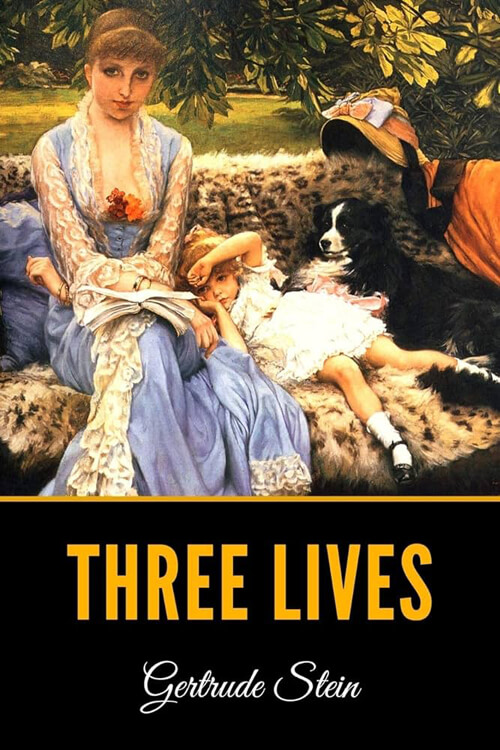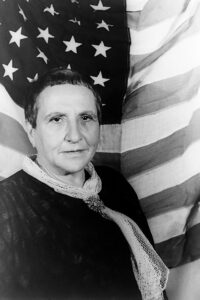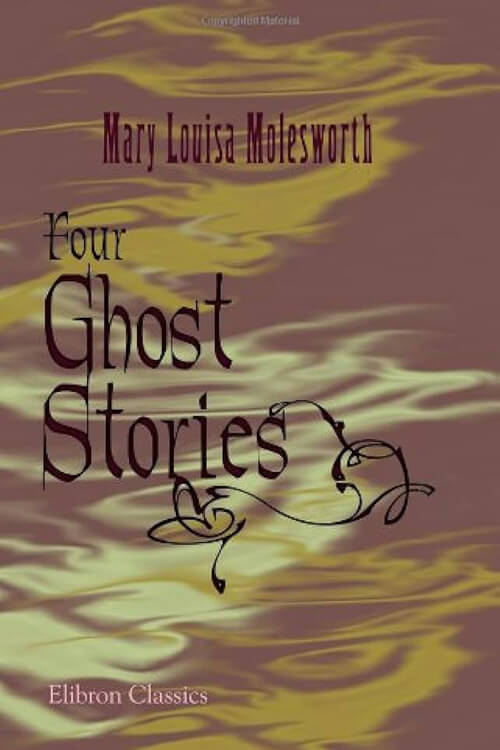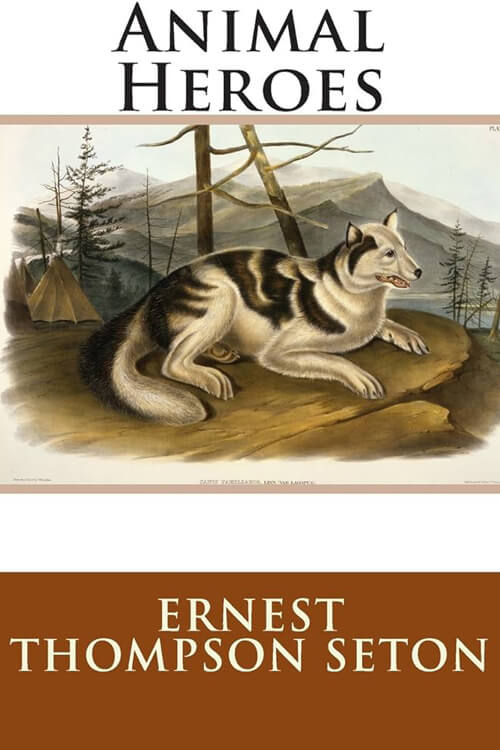
Three Lives – Stories of The Good Anna, Melanctha and The Gentle Lena
Three Lives (1909) is a work of fiction written in 1905 and 1906 by American writer Gertrude Stein. The book is separated into three stories, “The Good Anna,” “Melanctha,” and “The Gentle Lena.” The three stories are independent of each other, but all are set in Bridgepoint, a fictional town based in Baltimore. “The Good Anna,” the first of Gertrude Stein’s Three Lives, is a novella set in “Bridgepoint” about Anna Federner, a servant of “solid lower middle-class south German stock.” Part I describes Anna’s happy life as a housekeeper for Miss Mathilda and her difficulties with unreliable servants and “stray dogs and cats”. She loves her “regular dogs”: Baby, an old, blind terrier; “bad Peter,” loud and cowardly; and “the fluffy little Rags.” Anna is the undisputed authority in the household, and in her five years with Miss Mathilda, she oversees in turn four under servants: Lizzie, Molly, Katy, and Sallie. Sometimes, even the lazy and benign Miss Mathilda feels rebellious under Anna’s iron hand; she is also concerned because Anna is always giving away money and tries to protect her from her many poor friends.
Part II, “The Life of the Good Anna, ” fills the background. Born in Germany in her teens, Anna emigrates to “the far South”, where her mother dies of consumption. She moves to Bridgepoint near her brother, a baker, and takes charge of the household of Miss Mary Wadsmith and her young nephew and niece, who are orphans. Little Jane resists Anna’s strong will, but after Anna has provoked a showdown becomes “careful and respectful” and even gives Anna a green parrot. After six years, Jane is finally married, but Anna refuses to follow Miss Mary in the new household. Mrs. Lehntman, a widow and midwife who “was the romance of Anna’s life”, helps Anna tell Miss Wadsmith that she cannot accompany her. Anna then works for Doctor Shonjen, a hearty bachelor with whom she gets along. Previously, Shonjen has operated on her, and Anna’s general health remains poor: she has headaches and is “thin and worn”.
Read or download Book
Gertrude Stein
Gertrude Stein (February 3, 1874 – July 27, 1946) was an American novelist, poet, playwright, and art collector.
Biography
Born in Allegheny, Pennsylvania (now part of Pittsburgh) and raised in Oakland, California, Stein moved to Paris in 1903 and made France her home for the remainder of her life. She hosted a Paris salon where the leading figures of modernism in literature and art, such as Pablo Picasso, Ernest Hemingway, F. Scott Fitzgerald, Sinclair Lewis, Ezra Pound, Sherwood Anderson and Henri Matisse, would meet. In 1933, Stein published a quasi-memoir of her Paris years, The Autobiography of Alice B. Toklas, written in the voice of Alice B. Toklas, her life partner. The book became a literary bestseller and vaulted Stein from the cult-literature scene’s relative obscurity into the mainstream attention’s limelight.
Two quotes from her works have become widely known: “Rose is a rose is a rose is a rose is a rose” and “There is no there there”, with the latter often taken as a reference to her childhood home of Oakland. Her books include Q.E.D. (1903), about a lesbian romantic affair involving several of Stein’s friends; Fernhurst, a fictional story about a love triangle; Three Lives (1905–06); The Making of Americans (1902–1911); and Tender Buttons (1914). Her activities during World War II have been the subject of analysis and commentary. As a Jew living in Nazi-occupied France, Stein may have only been able to sustain her lifestyle as an art collector and, indeed, to ensure her physical safety through the protection of the powerful Vichy government official and Nazi collaborator Bernard Faÿ. After the war ended, Stein expressed admiration for another Nazi collaborator, Vichy leader Marshal Pétain.






